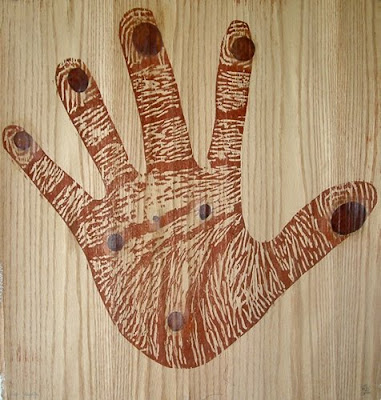
. . . Personal narrative is all we have, whether as individuals or a society.
Like any narrative the Western self-view is riddled with contradiction. Decisions rarely have anything to do with the rationale that supposedly provoked them. And as with personal narratives, what does not fit is conveniently ignored.
The difficulty for anyone who tries to step outside the dominant narrative to present a different view is that we cannot, by definition, provide the ‘evidence’ that is required by the narrative that demands such evidence – a bit like going into the pub at 10pm on a Saturday night and preaching the benefits of sobriety. Neither can we provide evidence from within that narrative. The minute we step back into that world we are governed by its conventions, and any attempt to explain ourselves becomes a nonsense.
. . . My first advice to anyone who is looking for a decent therapist is always: Never trust anyone who won’t admit to having self-doubt.
William Johnson
Therapy Today March 2008
Therapy Today March 2008
How many Pagans do you know who admit to any self-doubt? Our celebs are so beaming with knowledge and profound wisdom that there’s no room in their narrative for doubt or real questions. Most individual Pagans seem to be totally, absolutely convinced of their worldview even though they can’t begin to give a semi-rational explanation for it. This isn’t a matter of the ‘scientific’ vs. the ‘intuitive’ (the usual contemptuous dismissal of questions) it’s about not knowing what ‘Mabon’ actually refers to, who Aleister Crowley might be, and why the Goddess and God actually matter at all. No one can know everything about their religion, which is rather the point, but smug ignorance seems to be par for the course for many members of all spiritualities.
So what’s the Pagan narrative? Ancient, obviously. Unconditional love, obviously. How we reconcile the Pagan icon Boudicca’s vicious revolt with unconditional love isn’t part of the narrative. Nature-based and ecological, while our celebs travel the world and consume as much as, in some cases a great deal more than, anyone else. Freedom from Dogma as long as you obey the unspoken dogma of ‘Conflict shall be suppressed and denied’, which puts the narrative of Tolerance into context. Tribal, as long as individual freedom isn’t compromised, and without understanding the tension between ‘our tribe’ and everyone else. Love of mythology – but the tribal mythology of Cuculains dreadful killer sword, or bloodlust of so many of our mythological characters, especially our Goddesses (that we strangely interpret as pure sexuality for some reason) remains undebated.
We’re simply human. Ordinary, bog-standard people and there’s no need to feel shame, it’s just how we are, as foxes are foxes, daisies are daisies and everything else in the natural world has a particular nature. Pagan narrative paradoxically doesn’t allow for us to be part of nature. Pagans are different, we can talk to trees and communicate with The Ancients ™, intuit the meaning and purpose of Neolithic sites, know better than non-Pagans how to make the world a better place and have a knowledge of The Truth than would make some fundamentalists blush.
I attempted a conversation with one Pagan celeb recently where I suggested that most Pagans were unable to look further than their own narratives and would become very tooth-and-claw with anyone who challenged that narrative. He became very tooth-and claw, didn’t address one of my proposals, exercised his prejudices and stroked his narrative very publicly. And so it would seem that William Johnson’s analogy of trying to discuss the benefits of sobriety in a pub at 10pm holds true. Not only is it not possible and a waste of time, it’s likely to result in aggression, yes even from the most ‘peace loving’ jolly, wise and wonderful of Pagans.